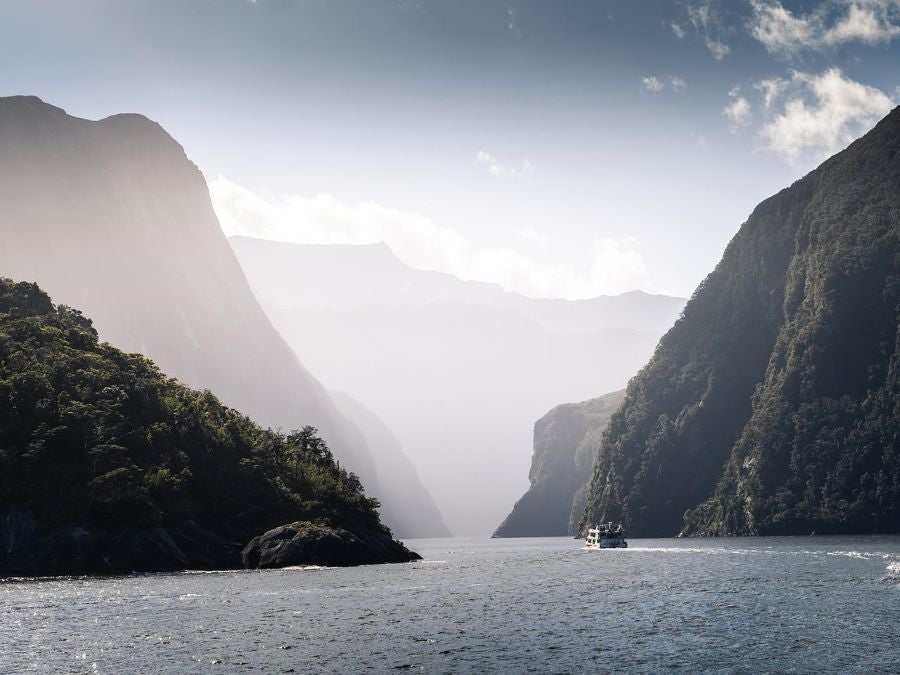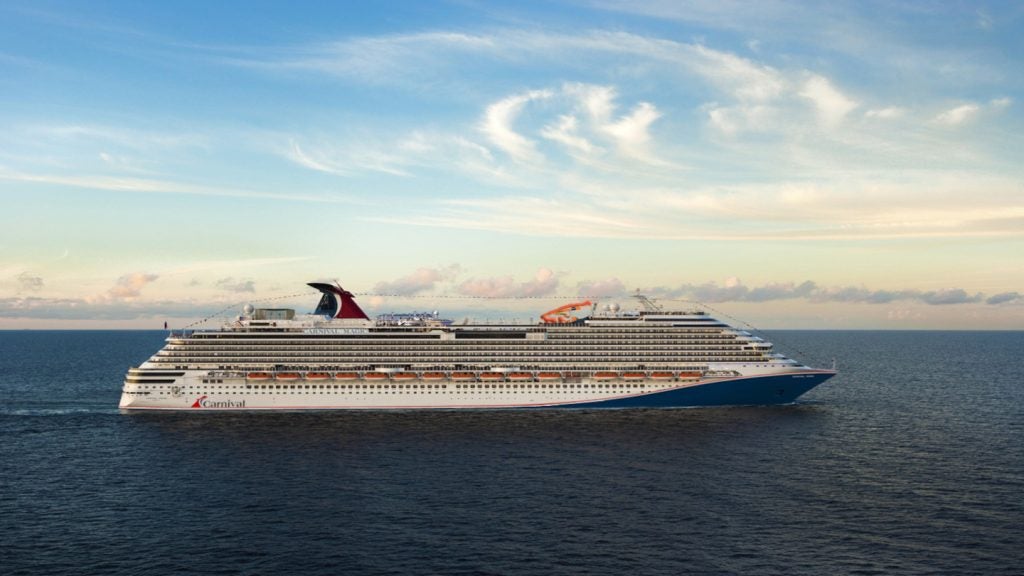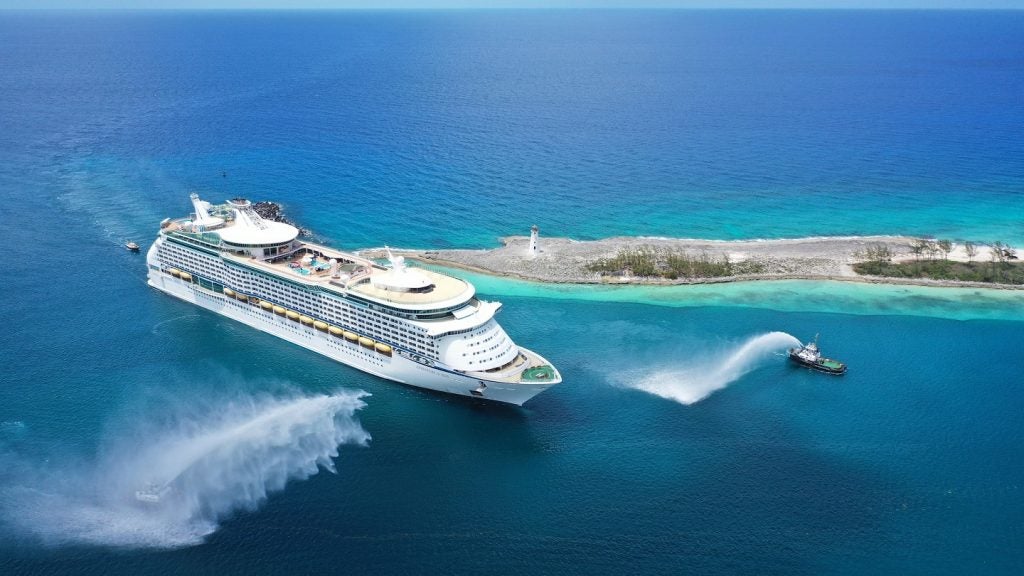
Technology group Wärtsilä is supplying its hybrid propulsion system for three new RoPax vessels. The order was placed in May and will allow the ships to operate using LNG fuel or batteries. Ferry company Stena RoRo and Brittany Ferries designed and developed the ships which will be long term chartered to Brittany Ferries.
The ships are currently being built at the China Merchants Jinling (Weihai) Shipyard and it is expected that they will be delivered in 2024 and 2025. The ships will operate between Portsmouth in the UK and the French ports of St Malo and Caen.
With a battery capacity of 11.5MWh, two of the ferries will be the marine industry’s largest hybrid vessels. The battery capacity is considered to be double of the battery power which is common in hybrid propulsion.
Torsten Bussow, managing director at Wärtsilä, says: “At the moment the future fuel is unclear but with a hybrid system there is flexibility as this allows you to add future power source like solar or fuel cells to support the change to future fuels.”
In addition, the use of hybrid systems will ensure that the vessels are able to adapt to green fuels and larger batteries.
The large battery size will ensure that the ships are operating at full power. This will be done through the use of propellers and thrusters to travel between ports. There is also a built-in shore power solution which can charge the batteries while the ship is moored.
How well do you really know your competitors?
Access the most comprehensive Company Profiles on the market, powered by GlobalData. Save hours of research. Gain competitive edge.

Thank you!
Your download email will arrive shortly
Not ready to buy yet? Download a free sample
We are confident about the unique quality of our Company Profiles. However, we want you to make the most beneficial decision for your business, so we offer a free sample that you can download by submitting the below form
By GlobalDataThe total hybrid propulsion system is supported by Wärtsilä’s Energy Management System. Wärtsilä places emphasis on making vessels more energy efficient in order to meet the 2030 for compliance with IMO’s EEXI (Energy Efficiency Existing Ship Index) and CII (Carbon Intensity Index) regulations.
“If you read about a hybrid today it is typically a combustion engine and battery, The main benefits are lower fuel consumption, cleaner energy if sourced from the grid, load balancing and peak shaving on the main engines,” says Bussow.
Wärtsilä develops solutions with the intention of meeting regulations and reducing fuel costs and was contracted to supply solutions relating to the main engine and auxiliary engines, gearboxes, controllable pitch propellers, thrusters, the fuel gas supply system, Nacos navigation and automation. In addition, Wärtsilä was responsible for the integrated control alarm and monitoring system.
The Leclanché energy storage system, the Navius MRS-3, will be used for the ships. This system is considered large in terms of size and weight. Swiss energy storage solution company Leclanché launched the Navius MRS-3 at the Electric Hybrid Marine World Expo in Amsterdam.
This system demonstrates increased battery energy density, modularity and safety. It also has a liquid-cooled design which ensures that the system is long-lasting. Carbon footprint is reduced due to the cells, modules, battery management system and racks.
The use of Hybrid technology for its vessels is a part of Brittany Ferries’ fleet renewal programme. For Brittany Ferries, this development follows two LNG fuelled ships. Due to shore-side power capability, there is potential for investment by ports because of plug-in infrastructure. Wärtsilä hybrid/battery systems can be used in in many segments of the marine industry and the environment is taken into consideration alongside optimising operational efficiency.
Bussow concludes: “A flexible fuel strategy is important to clients as they prepare for a zero carbon future. Electrification of the vessel will be key in achieving this.”







